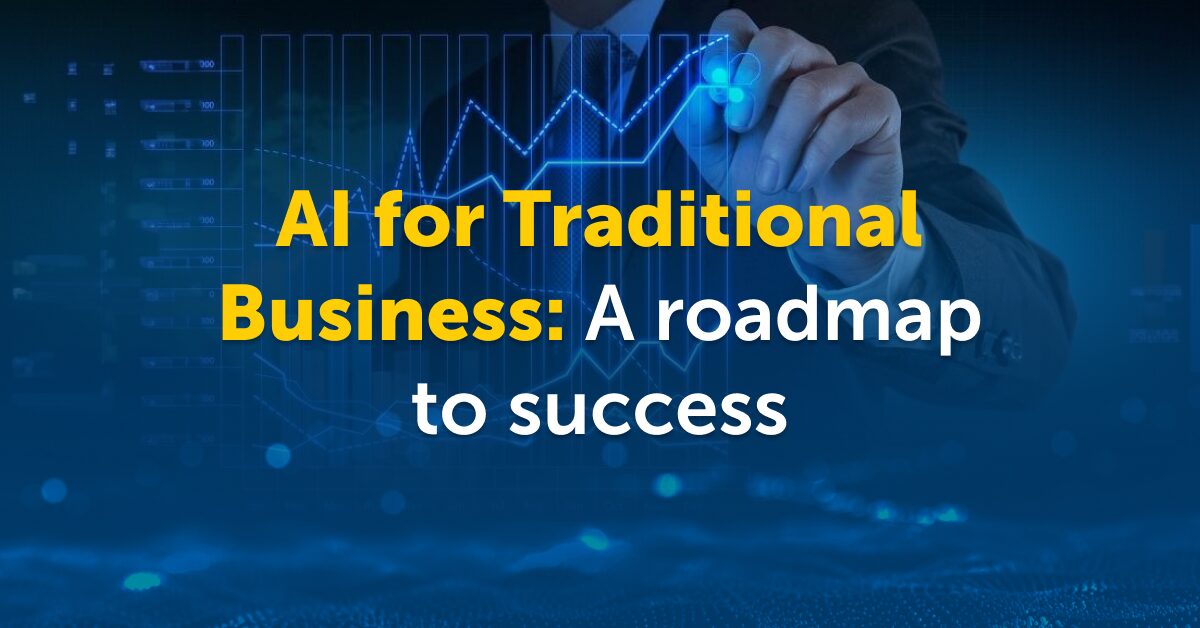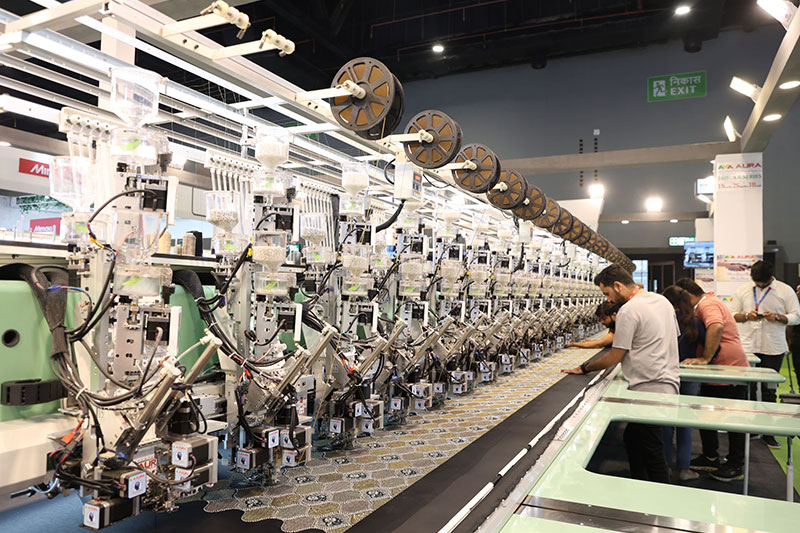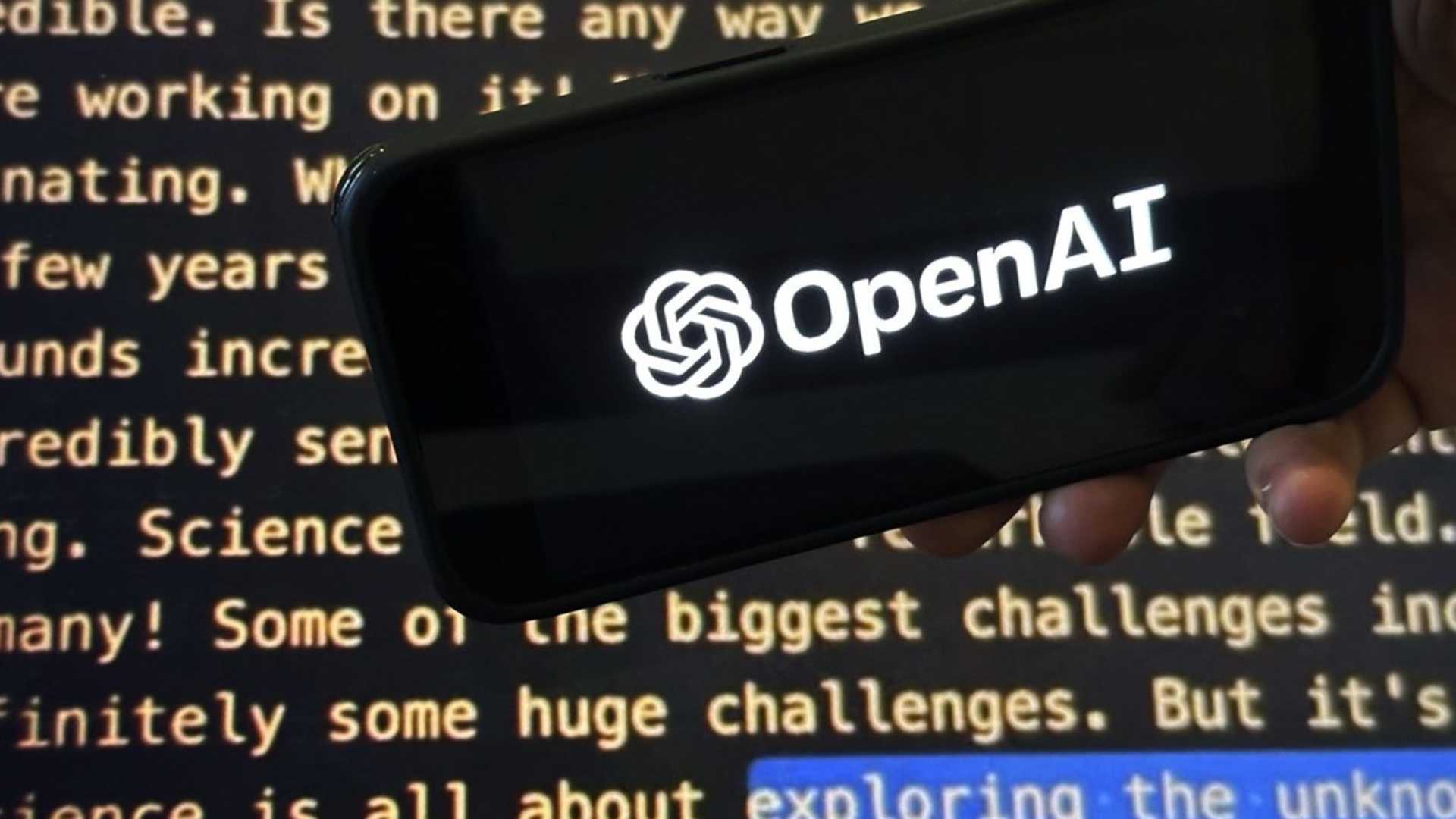AI Industry Transformation 2025: Meta's Social AI, Autonomous ...
The artificial intelligence landscape is currently experiencing a significant shift in early 2025. This change is characterized by rapid advancements and strategic implementations across various sectors. Many companies are adopting "AI-first" approaches, leading to profound implications for businesses, creators, and consumers.
Meta's Social AI Integration
Meta is a major player at the forefront of incorporating AI into social experiences. One of their key initiatives involves the integration of AI into the Meta AI app. This app, closely connected with Ray-Ban smart glasses, introduces a new level of social interaction through AI technology.

The blending of chatbot functionality with social media engagement creates a unique ecosystem where AI interactions are inherently social. However, this evolution raises crucial questions about privacy and monetization. Meta's recent privacy policy changes for Ray-Ban Meta glasses have sparked debates, particularly surrounding personalized ads.
Users must be vigilant about the content they share and the permissions they grant within the app to ensure transparency and robust user controls.
Autonomous Trucking Advancements
The autonomous trucking industry is reaching a pivotal stage, with real-world deployments showcasing the potential of self-driving technology. Aurora, a key player in autonomous vehicle technology, recently achieved a significant milestone by deploying fully autonomous trucks for deliveries between Dallas and Houston.
This milestone signifies a substantial step forward in the commercialization of autonomous trucking, hinting at a potential revolution in the transportation sector. However, the industry faces challenges such as cybersecurity threats as autonomous trucks become targets of cyberattacks.

Moreover, supply chain issues, especially related to semiconductors, have also impacted production in the industry.
AI Innovation in Traditional Companies
Traditional companies are increasingly integrating AI into their business strategies to transform their operations and workflows. For example, Duolingo, a popular language learning platform, is leading the way in transitioning to an "AI-first" company.
This shift reflects a broader trend of companies leveraging AI to streamline operations and enhance productivity. Lyft, a renowned ride-sharing company, has introduced an AI earnings assistant to help drivers optimize their shifts and increase their earnings.

These instances illustrate how traditional companies strategically implement AI to enhance their services, improve efficiency, and gain a competitive advantage.
Creative AI Tools Empowering Artists
The landscape of creative AI tools is rapidly evolving, providing artists and designers with new capabilities and workflows. Several companies are pushing the boundaries of AI-powered image generation, offering innovative features and functionalities.
These advancements democratize creative tools, making it simpler for individuals to create high-quality visuals without requiring extensive technical skills. However, AI image generation has its quirks, as demonstrated by experiments involving GPT-4.

Understanding these limitations is vital for effectively utilizing AI tools in creative workflows, ensuring optimal results.
Conclusion
The AI industry is poised for continuous growth and transformation, with significant implications for businesses, individuals, and society as a whole. As AI becomes more integrated into daily life, staying informed, adapting to new technologies, and prioritizing ethical considerations are essential.
By embracing AI responsibly, we can leverage its potential to create a more efficient, innovative, and equitable future for all.
Sources: AI Fool




















